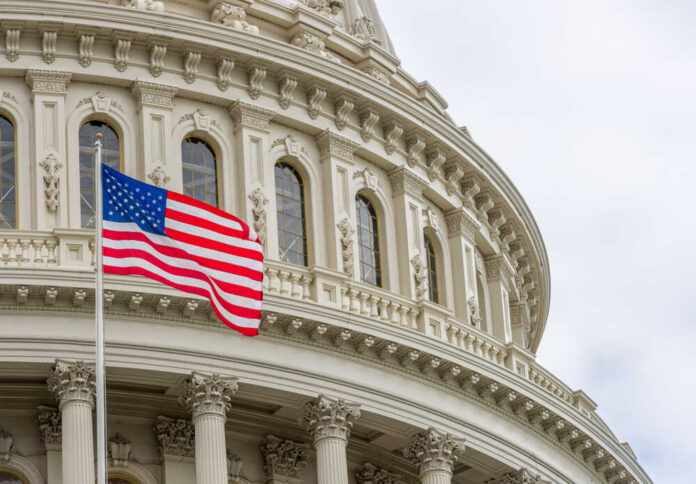During a lighthearted moment during a press briefing, CNN’s Phil Mattingly and White House Budget Director Shalanda Young found common ground as they discovered their mutual membership in the Beyhive, the dedicated fan community of the renowned music icon Beyoncé.
On Tuesday’s press briefing, Director Young from the Office of Management and Budget fielded questions regarding the specific details of the recently achieved bipartisan debt limit agreement, which had been finalized over the weekend.
Before diving into the briefing, White House Press Secretary Karine Jean-Pierre playfully acknowledged Mattingly’s recent attendance at a concert in Paris, sparking a sense of awe and admiration from Young.
Afterward, Director Mattingly and Jean-Pierre engaged in playful banter regarding the famous pop superstar. Mattingly expressed gratitude to Jean-Pierre for “giving me a hard time” and tactfully evaded the question about his current favorite Beyoncé song.
On Wednesday, the US House of Representatives overwhelmingly voted to approve a House bill that forced the nation’s debt limit to be suspended until January 2025.
This urgent action by lawmakers aims to prevent America from defaulting on paying its bills.
The final house vote was 314 in favor and 117 against. Among those voting for the bill, 149 were Republicans, and 165 were Democrats, while 71 Republicans and 46 Democrats voted against it.
Before becoming law, the bill must now be approved by the US Senate and then be signed into law by President Joe Biden.
However, in the Senate, any individual lawmaker can delay the voting process, making it unclear when the final vote will occur.
Time is of the essence to get the bill through Congress, leaving little margin for error and placing significant pressure on leaders from both parties.
Lawmakers are racing against the clock to prevent an unprecedented default before June 5, the date when the Treasury Department has projected an inability to fully and timely meet the nation’s financial obligations.
Such a scenario could trigger a global economic collapse of the world monetary system.
Although the debt limit bill faced opposition from both the far left and the far right, it ultimately passed the House with substantial bipartisan support.
By suspending the debt limit until the 2025 session, avoiding the threat of default is eliminated until after the presidential election.














